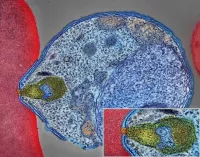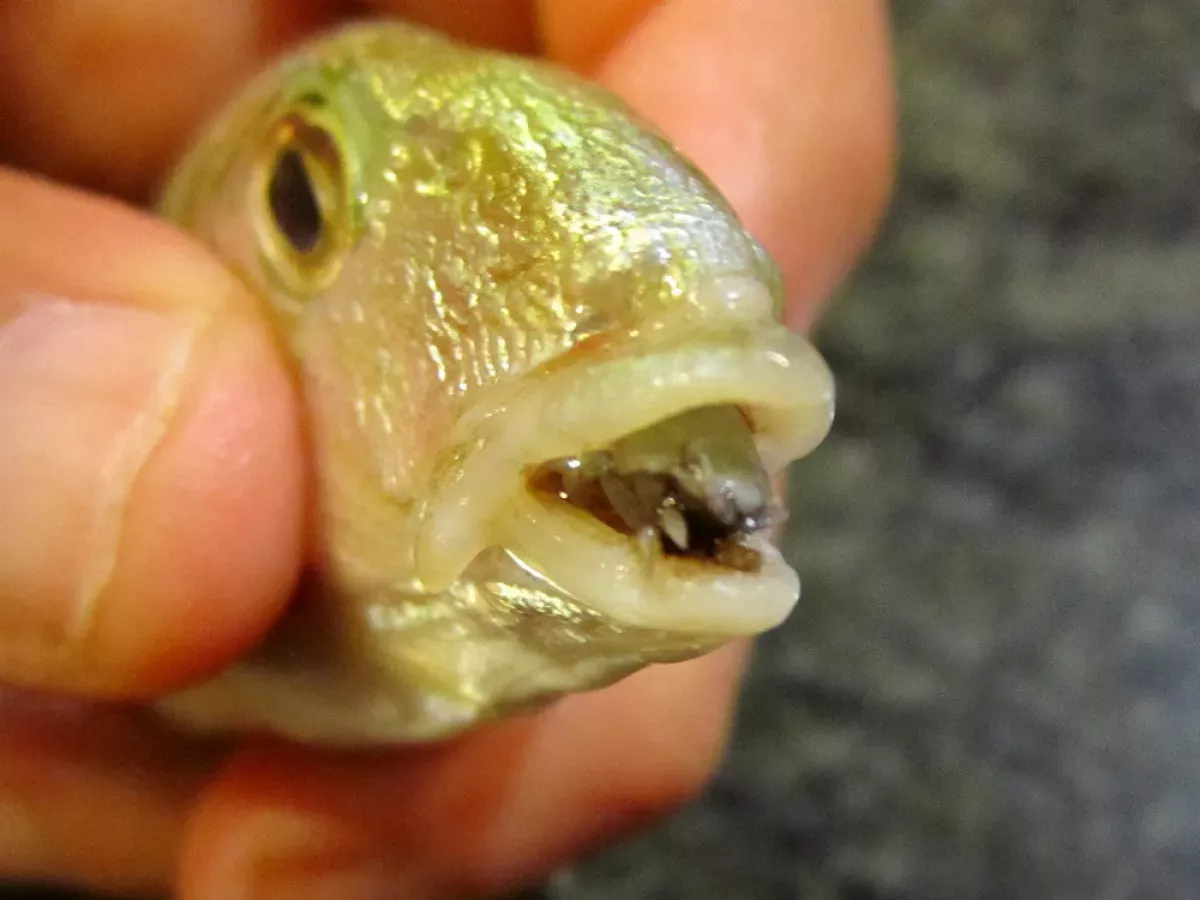Parasitism is a relationship where one organism, the parasite, lives on or inside another, the host, causing harm. Parasites are structurally adapted to this lifestyle. E.O. Wilson described them as predators consuming prey in sub-unit quantities. Examples span diverse groups: protozoans causing malaria, sleeping sickness and dysentery; animals like hookworms, lice, mosquitoes, and vampire bats; fungi such as honey fungus and ringworm agents; and parasitic plants like mistletoe, dodder, and broomrapes. This interaction benefits the parasite while negatively impacting the host.
1902: Publication of 'Mutual Aid: A Factor of Evolution'
In 1902, Peter Kropotkin's 'Mutual Aid: A Factor of Evolution' was published, influencing Lynn Margulis and others to suggest that natural selection can drive relationships from parasitism to mutualism in resource-limited conditions.
1902: Ronald Ross awarded Nobel Prize for malaria research
In 1902, Ronald Ross was awarded the Nobel Prize for his work on malaria, though controversially, Giovanni Battista Grassi's contributions were not recognized at the same time.
1903: David Bruce identifies parasite and vector of African trypanosomiasis
In 1903, David Bruce identified the protozoan parasite and the tsetse fly vector responsible for transmitting African trypanosomiasis.
1909: Carlo Emery proposes mechanism for social parasitism evolution
In 1909, Carlo Emery proposed a mechanism for the evolution of social parasitism. This is now known as "Emery's rule", which states that social parasites are typically closely related to their hosts, often in the same genus.
1979: Release of the film 'Alien'
In 1979, Ridley Scott's film 'Alien' was released, featuring a parasitic alien species, marking one of many science fiction works to explore this theme.
2013: Release of The Last of Us
In 2013, 'The Last of Us' video game series was released, presenting the Cordyceps fungus as a deadly parasite of humans, causing a zombie apocalypse.
2015: First licensed vaccine for parasitic disease
In 2015, RTS,S became the first and only licensed vaccine for any parasitic disease of humans, targeting Plasmodium falciparum malaria.
2022: Study reveals gender bias in naming of parasite species
A 2022 study found that over 80% of parasite species named after scientists were named after men, despite women representing about a third of parasite research authors. The study also noted an increase in species being named after relatives or friends of the author.
Mentioned in this timeline

Malaria is a mosquito-borne infectious disease transmitted by Anopheles mosquitoes...

A video game is an electronic game involving user interaction...
Trending
20 days ago Accenture & WEF: Scaling Innovation & Traceability for Circular Supply Chains & Waste Management

7 months ago Kevin Garnett: Celtics' Viral Message, Home Drama, and Sweet Gesture Highlights Recent Events.

27 days ago Michael Douglas and Catherine Zeta-Jones Celebrate 25 Years of Marriage with Throwbacks
13 days ago Lawsuit Filed Over KISD Stabbing; Killeen Principal Resigns From Ira Cross

Robert Kraft is an American billionaire businessman best known as the chairman and CEO of the Kraft Group His portfolio...
The School District of Philadelphia SDP established in is the largest school district in Pennsylvania and the eighth-largest in the...
Popular

Candace Owens is an American conservative political commentator and author...

Ilhan Omar is an American politician currently serving as the...

XXXTentacion born Jahseh Dwayne Ricardo Onfroy was a controversial yet...

Tucker Carlson is an American conservative political commentator known for...

Kashyap Pramod Patel is an American lawyer who became the...

Charles James Charlie Kirk was a prominent American right-wing political...
